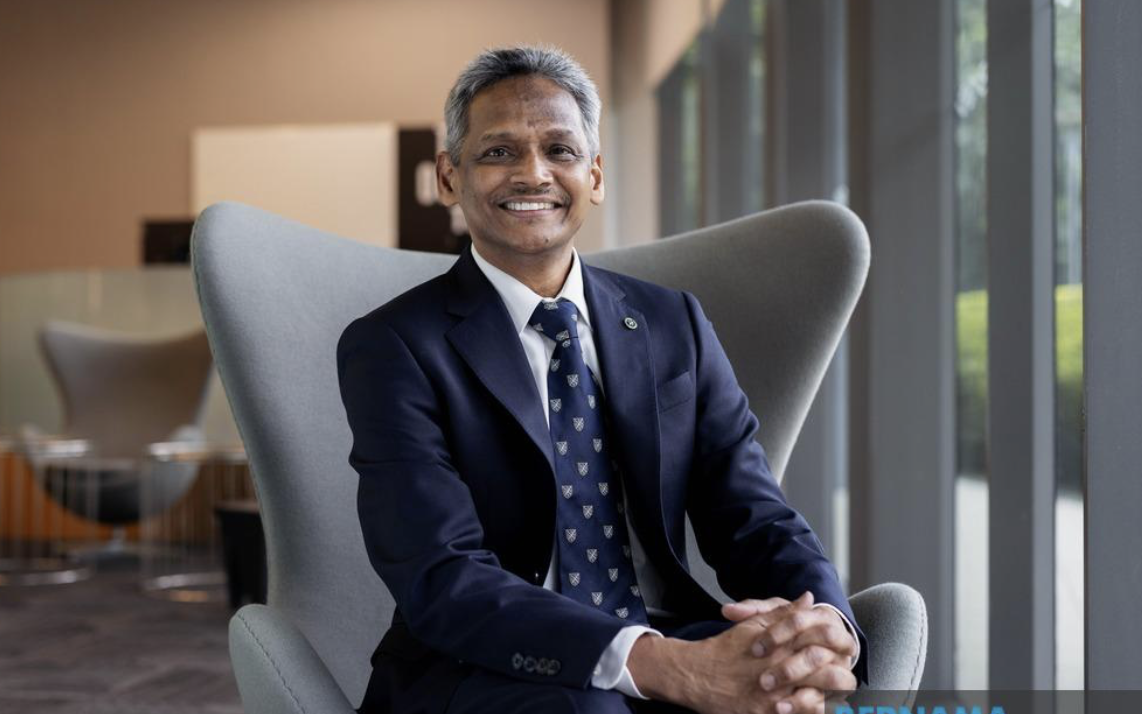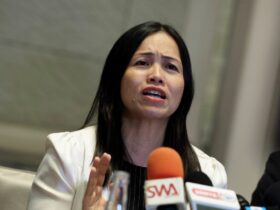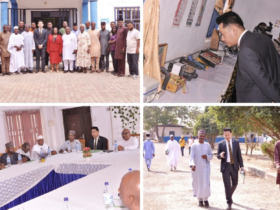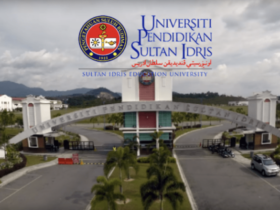KUALA LUMPUR, Nov 10 — Malaysia is progressing at a reasonable pace in implementing strategic and structural reforms to achieve the nation’s aspiration of becoming a high-income and developed nation, said Bank Negara Malaysia governor Datuk Seri Abdul Rasheed Ghaffour.
Beyond fiscal and investment reforms, Abdul Rasheed said Malaysia needs to push ahead on social protection and labour market reform to strengthen the country’s long-term resilience.
“Overall, we are moving at a reasonably good pace. More importantly, there is a strong commitment to reform. Of course, we’d want it to be faster, if possible.
“But recognising and acknowledging the socioeconomic and sociopolitical realities, a step-by-step, careful approach might be what is needed. Ultimately, we also need to avoid policy flip-flops,” he said in an interview published in The Edge today.
He stressed that if reforms were pushed too hard and fast, they might not get policy buy-in and acceptance.
“We want to avoid having to dial back. So, that’s why you notice that coming up with fuel subsidy reforms took some time. It was important to study the issue thoroughly and gather the right data to understand what would work best,” he said.
Abdul Rasheed noted that taking the time up front helps ensure the policy has the best chance of succeeding.
Reflecting on the pandemic period, Abdul Rasheed said Malaysia’s social protection framework was put to the test, with the experience highlighting gaps the government needs to address.
He said social protection provides support for economic stabilisation as a way to provide assistance to the economy.
“It is also about what kind of retirement benefits we want for the rakyat. As our population ages, it is important that people who retire have adequate savings.
“We support these reforms and will continue to play our role in platforms like the Malaysian Social Protection Council (MySPC),” he said.
The governor said there is also an opportunity to explore targeted assistance to help raise incomes for low-income earners, which could be paired with labour market reforms to invest in education, upskilling and reskilling to prepare talent for the future.
In the four-page interview, the Governor also spoke at length about the bank’s decision to cut the overnight policy (OPR) rate to 2.75 per cent in July, citing it as a pre-emptive measure to secure the country’s growth.
On Nov 6, during the final review of the year, the central bank decided to maintain the policy rate, stating that it remains suitable and supportive of the economy, given the ongoing price stability.
On the possible slowdown in the global economy and its impact on Malaysia, the Governor said growth in advanced economies remains resilient, adding that despite being a small open economy, Malaysia is well diversified in terms of trading partners and export base.
“Apart from a diversified economy, we also have a strong banking sector. The post-Asian Financial Crisis (AFC) consolidation of our domestic banking sector strengthened our local banks.
“Even in severe stress scenarios, like we’ve seen during the recent pandemic, our banks remain resilient with healthy capital positions and sound asset quality,” he said, emphasising the importance of building buffers – both fiscal and monetary – during good times.
In case of a slowdown, he said the central bank has policy options and buffers to respond with appropriate policy action.
“Do I lose sleep over this? Admittedly, being a central banker, I think deeply about these issues. But I don’t worry in a way that keeps me up. I know that we have things under control,” added Abdul Rasheed.




















Leave a Reply